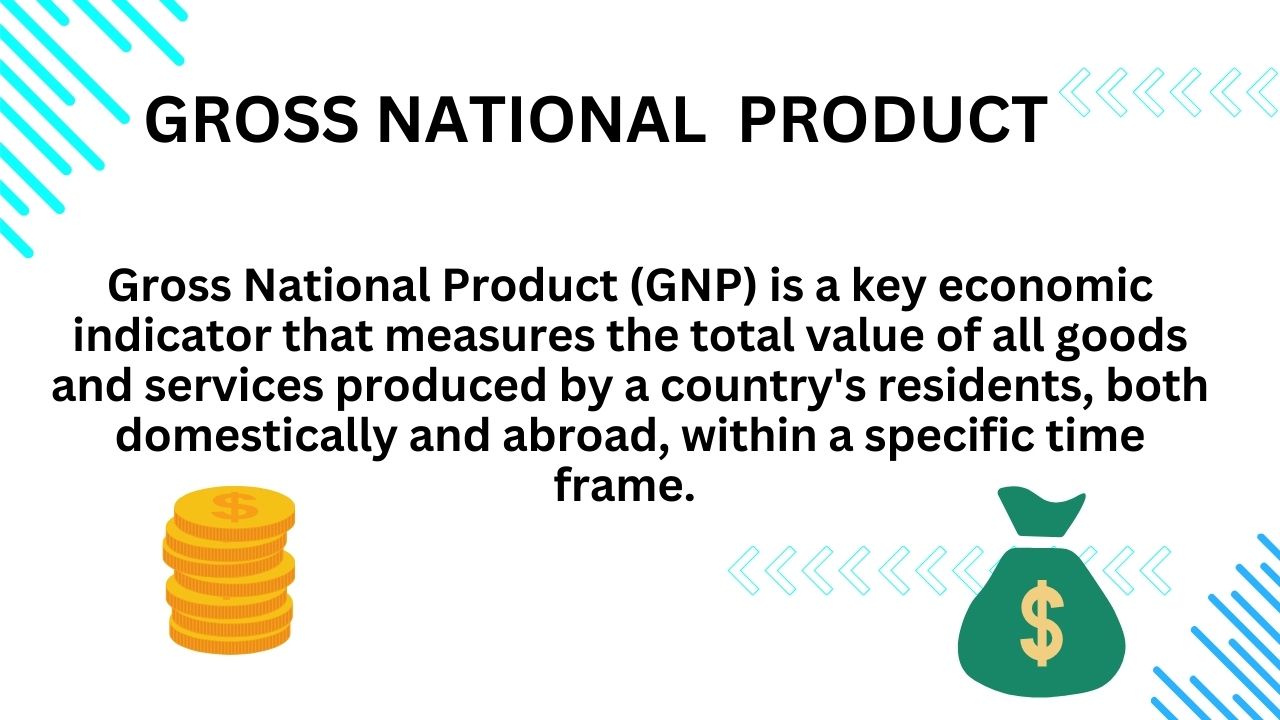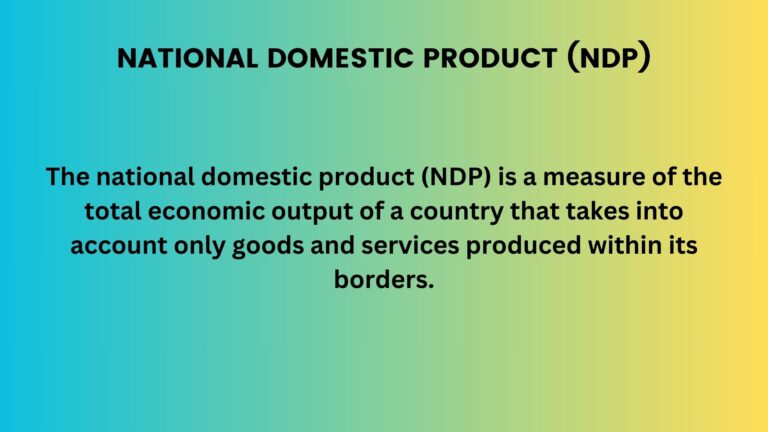Gross National Product (GNP): Definition, Calculation and Significance [Updated 2024]

Gross National Product (GNP) is a key economic indicator that measures the total value of all goods and services produced by a country’s residents, both domestically and abroad, within a specific time frame. It’s a crucial metric for assessing the overall economic health and performance of a nation. In this comprehensive exploration, we’ll delve into the concept, history, calculation methods, significance, criticisms, and modern-day relevance of Gross National Product.
Introduction to Gross National Product (GNP)
Gross National Product (GNP) is a macroeconomic measure that quantifies the total economic output generated by a country’s residents, regardless of their location, whether within the country’s borders or overseas. Unlike Gross Domestic Product (GDP), which only considers economic activity within a country’s borders, GNP includes income earned by citizens and businesses domestically and internationally.
History of Gross National Product
The concept of GNP emerged as economists sought to develop comprehensive measures of national economic performance. It gained prominence in the mid-20th century alongside other macroeconomic indicators like GDP. Simon Kuznets, an American economist, is often credited with pioneering national income accounting methods, laying the groundwork for modern GNP calculations.
Calculation of Gross National Product
GNP can be calculated using several approaches, but the most common method involves adding up the following components:
Gross Domestic Product (GDP): This represents the total value of goods and services produced within a country’s borders during a specific period.
Net income earned from abroad: This includes income earned by a country’s residents from investments, employment, or businesses operating overseas, minus similar payments made to foreign entities.
Mathematically, GNP can be expressed as:
[ GNP = GDP + (Net income earned from abroad)]
Significance of Gross National Product
Comprehensive Measure: GNP provides a more holistic view of a country’s economic performance by accounting for income generated both domestically and abroad.
International Comparisons: GNP allows for comparisons of economic output between countries, taking into account the contributions of citizens and businesses operating globally.
Policy Implications: Policymakers use GNP data to formulate economic policies, assess the impact of international trade and investment, and gauge a country’s overall economic strength.
Investment Decisions: Investors and businesses analyze GNP trends to identify potential market opportunities, assess country risk, and allocate resources effectively.
Criticisms of Gross National Product
While GNP is a valuable economic indicator, it has faced criticisms and limitations:
Exclusion of Informal Economy: GNP calculations may overlook economic activities in the informal sector, leading to an underestimation of a country’s true economic output.
Income Inequality: GNP does not account for income distribution among a country’s residents, potentially masking disparities in wealth and standards of living.
Environmental Impact: GNP does not consider the environmental costs associated with economic growth, leading to unsustainable development practices and ecological degradation.
Globalization Challenges: In an increasingly globalized world, GNP may not accurately reflect a country’s economic interests, as it includes income earned by multinational corporations that may not benefit the domestic population.
Modern-Day Relevance GNP
Despite its limitations, GNP remains a widely used economic indicator due to its comprehensive nature and historical significance. In today’s interconnected world, GNP data continues to inform economic policy decisions, international trade negotiations, and investment strategies. However, economists and policymakers also recognize the need for complementary indicators that capture broader aspects of economic welfare, such as income distribution, environmental sustainability, and social well-being.
Conclusion
Gross National Product (GNP) is a fundamental measure of a country’s economic output, encompassing both domestic and international income earned by its residents. While it has played a crucial role in shaping economic policy and international relations, GNP is not without its limitations and criticisms.
As the global economy evolves, policymakers and economists must continue to refine and supplement traditional measures like GNP to ensure they accurately reflect the complex realities of modern economic activity and societal well-being.
Also Read:






